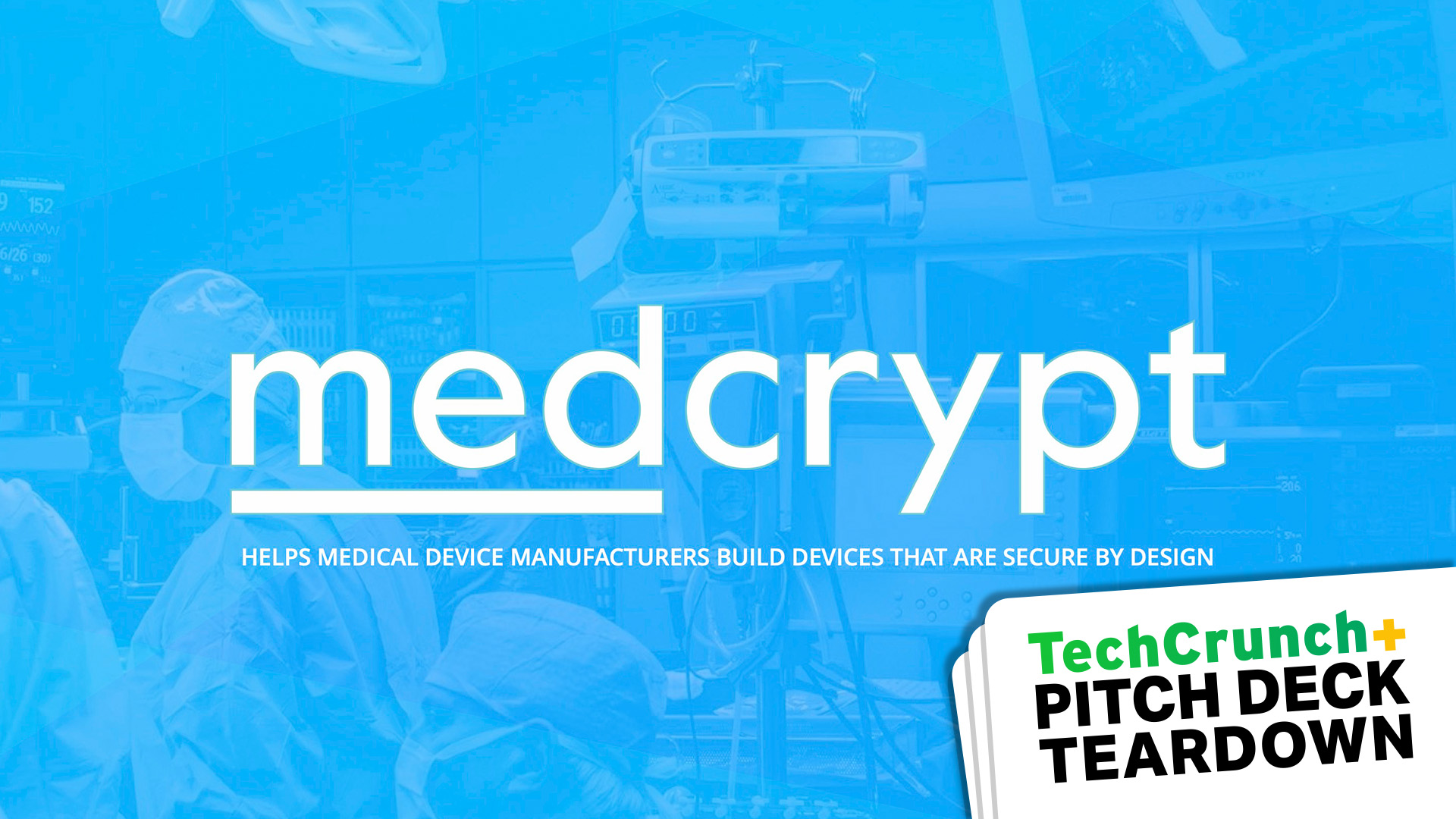When a cat is scared, it may hide under the couch; a startled fish will swim into a dark hole. And when humans feel uneasy, we tell ourselves stories.
An example: “growth at all costs” is a fairy tale made possible by cheap money that helped venture capitalists set expectations for founders — and each other — for years.
“Growth at all costs” is a fairy tale made possible by cheap money that helped VCs set expectations for founders — and each other.
Similarly, “everyone needs 18-24 months of runway” is a nice motto, but when it takes three times longer to raise a round than it used to, it may no longer be useful advice.
“These ‘VCisms’ borne out of an era of plenty have permeated boardrooms and investor meetings everywhere,” notes Neotribes Ventures partner Rebecca Mitchem in a TechCrunch+ post this morning.
Full TechCrunch+ articles are only available to members
Use discount code TCPLUSROUNDUP to save 20% off a one- or two-year subscription
“It’s time to ask ourselves if these VCisms are still relevant or if it’s time to change.”
In a data-driven piece that looks at post-money valuations, deal sizes and dilution rates going back to 2012, Mitchem says we’re now heading into a new era where the tech industry will embrace “growth at reasonable costs.”
Founders can continue to water down their ownership by pursuing fat rounds, or they can decide to grow more slowly, which will leave everyone involved with a larger stake over time.
“While it may feel counterintuitive, given the recent market environment, the value of the equity for all parties — investors, founders and employees — is higher in the more conservative growth scenario,” says Mitchem.
Thanks very much for reading TC+ this week,
Walter Thompson
Editorial Manager, TechCrunch+
@yourprotagonist
6 investors discuss why AI is more than just a buzzword in biotech

Image Credits: Andriy Onufriyenko (opens in a new window) / Getty Images
Biotech firms widely use AI and machine learning to reduce R&D spending and bring products to market faster, but “the bigger question for investors is getting a better understanding of what exactly AI is attempting to model and predict,” says Shaq Vayda, principal at Lux Capital.
In her latest investor survey, Anna Heim spoke to six biotech investors about where AI creates value, short-term market shifts, and how they’d like to be approached by founders:
- Robert Mittendorff, M.D, general partner and head of healthcare, B Capital
- James Coates, health and human performance principal, Decisive Point
- Shaq Vayda, principal, Lux Capital
- Franck Lescure, partner, Elaia Partners
- Francisco Dopazo, general partner, Humboldt Fund
- Sarah Guo, founder, Conviction
Which Instagram ad placement is more cost-effective: Reels, Feed Posts, or Stories?

Image Credits: Jonathan Knowles (opens in a new window) / Getty Images
Consumer-facing startups are spending more on platforms like TikTok and Instagram to reach customers, but which ad products offer the best return?
In a case study based on Instagram campaigns for a site that facilitates bookings for freelance beauty professionals, digital marketer Angelina Liparteliani looked at Instagram Reels, Feed Posts and Stories.
Her highly detailed breakdown includes examples of the ads used in various campaigns, the process she used for optimizing creative materials, and a cost-per-click analysis that shows how she reduced CPC from $1.51 to 17 cents.
“Definitely don’t chase trends,” advises Liparteliani. “Diversify your ad strategy, test different ideas and don’t give up if your ad doesn’t show results right away.”
Pitch Deck Teardown: MedCrypt’s $25M Series B deck

Image Credits: Medcrypt (opens in a new window)
Many medical devices are just as vulnerable to cybersecurity threats as other IoT products, which is why Y Combinator graduate MedCrypt creates software to protect patients.
The company predicts that manufacturers will need to secure $1 trillion of “new and legacy” devices over the next three years, a truly tantalizing TAM.
After redacting some customer adoption details, MedCrypt’s founders shared with TC+ the 12-slide deck that helped it raise a $25 million Series B:
- Cover slide
- Problem slide
- Target audience/market size slide
- Opportunity slide
- Mission slide
- Product slide: Vulnerability tracking
- Product slide: Behavior monitoring
- Product slide: Cryptography
- Product slide: MedISAO
- Team slide
- Summary/traction slide
Dear Sophie: When can I register my employee for the H-1B lottery?

Image Credits: Bryce Durbin/TechCrunch
Dear Sophie,
We’re a pre-seed startup thinking about sponsoring an early employee’s H-1B visa to stay in the U.S. and work for us.
How does the process work?
— Seeking in San Mateo
A guide to navigating your first 90 days as a new CISO

Image Credits: MirageC (opens in a new window) / Getty Images
I’m used to working under pressure, but taking a job as a chief information security officer sounds extraordinarily stressful: people are far more likely to learn about your failures than your successes.
Managing the cybersecurity needs of an entire organization is “a big job that touches just about every part of the organization,” says Heather Gantt-Evans, CISO at SailPoint.
She’s written a guide for incoming CISOs that contains a framework for setting goals, creating action plans and, most importantly, documenting risk.
“The first 90 days of a new CISO’s term are critical,” writes Gantt-Evans. “They’re the best chance you’ll ever have to research, gather documentation, and assess where things stand and how they can be improved.”
In a turbulent market, it’s time to get methodical about sales

Image Credits: Peter Dazeley (opens in a new window) / Getty Images
Many SaaS sales teams haven’t worked in an environment where so many customers are cutting back on spending, and it shows: When everyone’s in the mood to buy, it’s less important to develop a critical understanding of your customer’s needs.
“Sellers shouldn’t hop right into pushing features,” advises Steve Goldberg, chief revenue officer at Salesloft. “They should illustrate the unsustainable nature of a customer’s current behaviors and processes.”
In this post, Goldberg looks at MEDDPICC and design thinking, two sales methodologies that are “particularly effective when times get tough.”
Credit: Source link


Comments are closed.